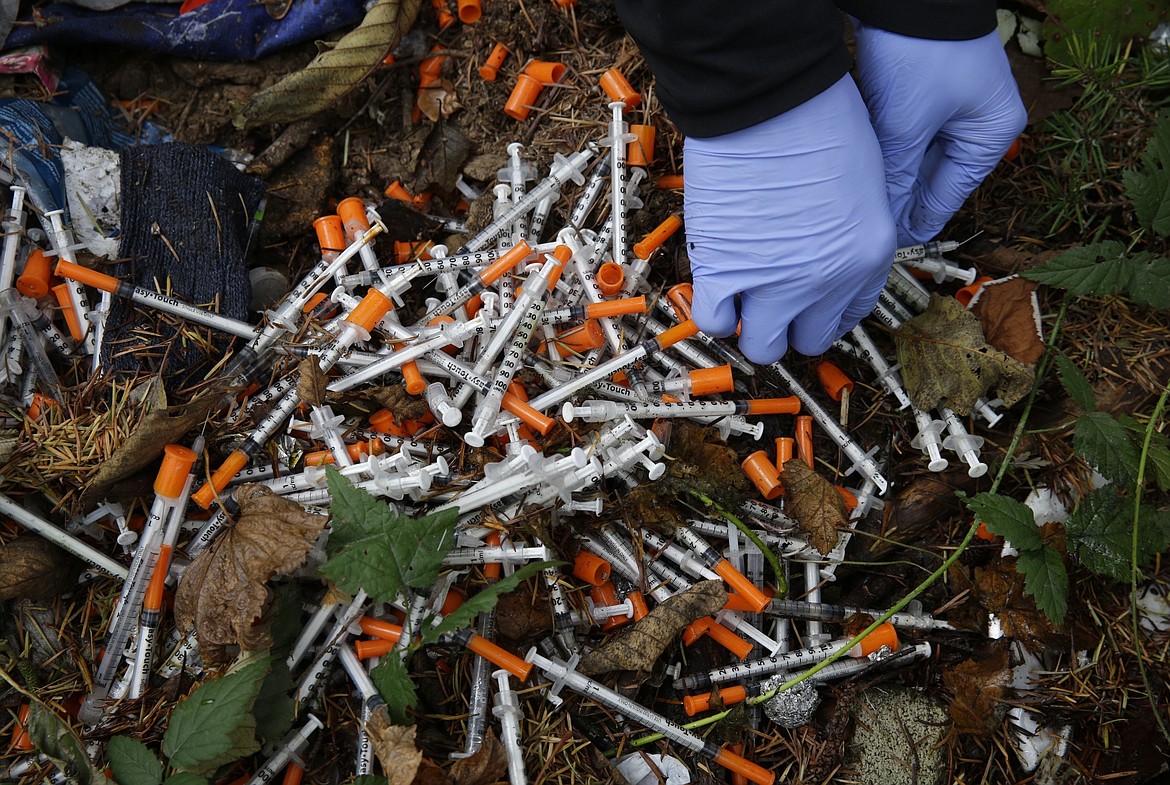Washington lawmakers pass, Inslee signs Blake fix
OLYMPIA — Gov. Jay Inslee on Tuesday signed into law a bill that keeps illegal drugs illegal but focuses state and local efforts and resources on treatment and recovery rather than incarceration.
Become a Subscriber!
You have read all of your free articles this month. Select a plan below to start your subscription today.
Already a subscriber? Login




